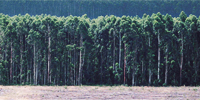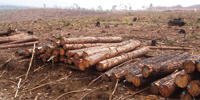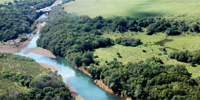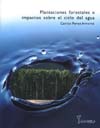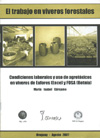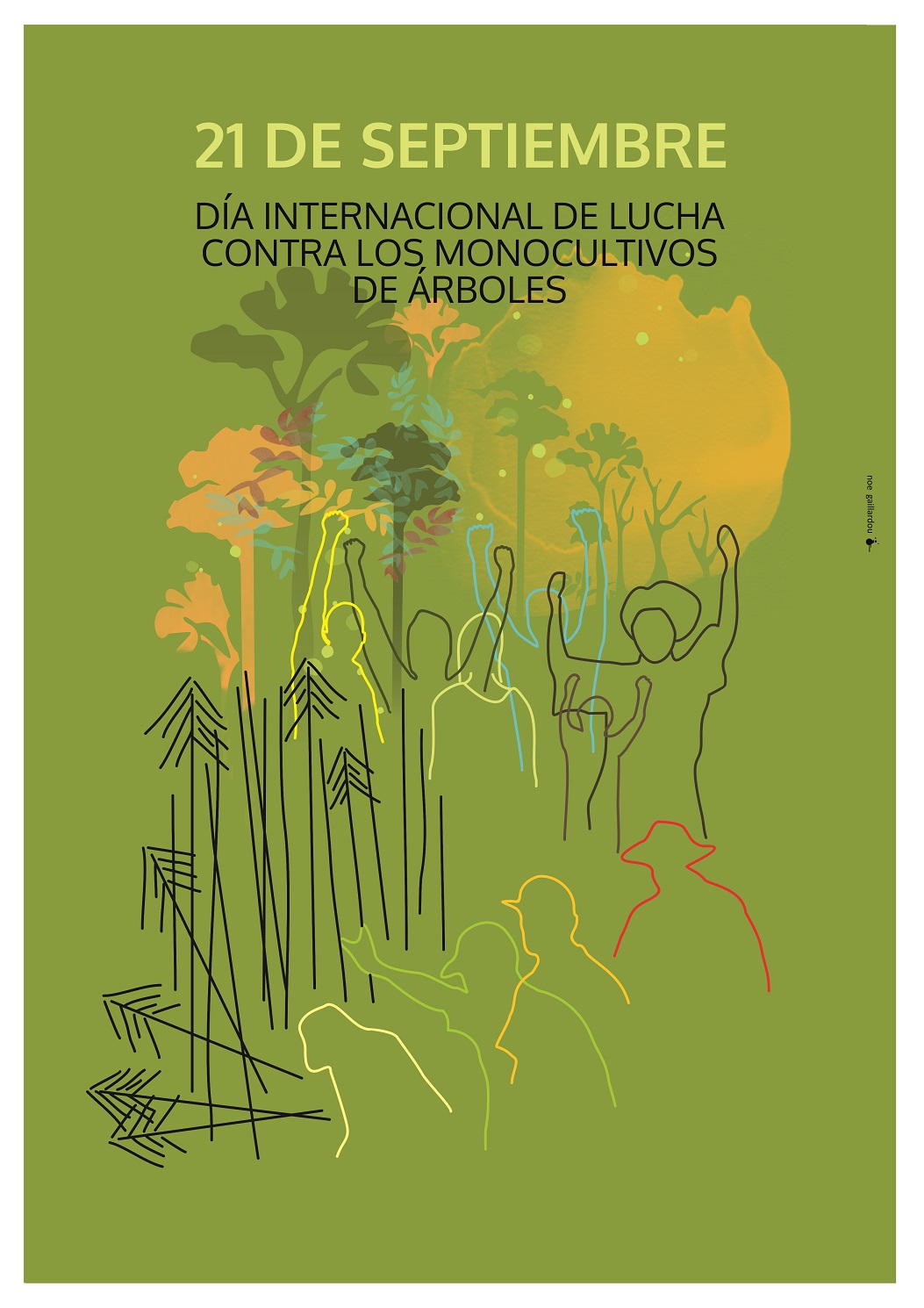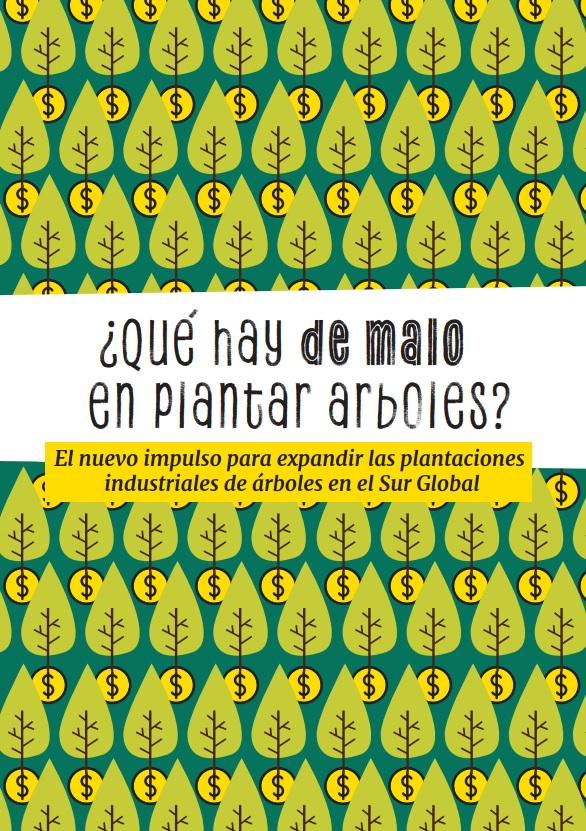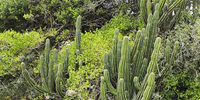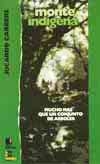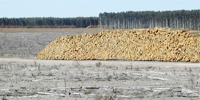This international cooperation of social movements shares a common interest in protecting our environment and human rights including the right to dignified employment and housing. Our aim is to protect the quality of life in our communities’ land, water, and people.
UPM is planning to install in Uruguay its second pulp mills, one the largest in the world producing about 2,1 million tons/year. The project includes: a new railway, an upgrade of highways, forestry plantations, changes to the main port of the country, a new high voltage line to connect to the national electricity grid, and several processing plants within a duty-free zone.
We are looking to promote awareness, share information and call for a stoppage of this project because of its economic, social and environmental effects.
Most of the components of the UPM new pulp mill will cost the Uruguayan people an estimated of U$S 4 billion; as it was committed in the agreement signed by Uruguayan Executive branch and UPM. The company states it will not invest more than U$S 2.4 billion. In addition, UPM will be exempted of paying most taxes as it will be installed in a free zone.
The social impacts include loss of jobs in the various sectors such as: family farming, agriculture, and beekeeping for changes in the uses of land into monoculture tree plantations, in tourism for the contamination of water and land, in artisanal fishing and industry, among others. There are also social impacts in everyday life such the increase in rent prices, the lack of adequate social services, the increase in sexual exploitation and violence specially against women.
In addition, the freight train for cellulose and chemical products will cross towns and urban areas including the capital of the country covering more than 270 kilometers with high impacts and risks for the inhabitants of the place, besides producing losses for small businesses next to the train tracks.
The environmental effects are the most important since the waterways surrounding the plant are already highly contaminated. The contribution of effluents like phosphorus from the new UPM plant will worsen the situation exponentially. We already have serious problems maintaining the water quality, as demonstrated by the huge increase of cyanobacteria on Uruguayan coasts this Summer.
We call to desist from participating in a project with negative economic, social and environmental impacts.
We say no to UPM 2 in Uruguay. Ulos UPM2
Maan Ystävät ry (Friends of the Earth), Finland
New Wind Association, Finland
Emmaus Aurinkotehdas ry, Finland
Ähtärinjärven luontoyhdistys ry, Finland
Friends of the Landless, Finland
Katajamäki ry, Finland
World Rainforest Movement
Asociación Civil Ambientalista de Salto
Ecofeminismo de Río Negro
Grupo Ecologista Política Verde de Dolores
Mburucuyá de Soriano
Maldonado por la Tierra y el Agua
Grupo Guayubira
Colectivo Recreo
Movimiento de Protección Ambiental de Sarandí del Yí
Colectivo Ecofeminista Dafnias
Por el Costado de la Vía
Asamblea Nacional Permanente en Defensa de la Tierra y los Bienes Naturales
Comisión Nacional en Defensa del Agua y la Vida
Colectivo Sauce Lucha por la Tierra
Movimiento por un Uruguay Sustentable (MOVUS)
Vivero Atrapasueños de San Gregorio de Polanco
Asamblea por el Agua del Río Santa Lucía
Conservación de Especies Nativas del Uruguay
Colectivo la Campana Verde de La Paloma
Confederación de Pueblos Costeros
Coordinadora contra UPM y el modelo forestal
Rivera por la Vida Sustentable
Comisión en Defensa de la Laguna del Cisne
Asociación Civil Julana
Uruguay-Finland, March 20, 2019.

